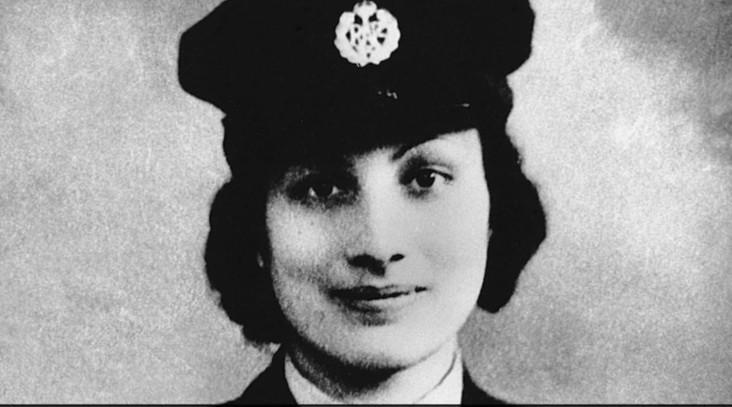
France honours British Indian spy & Tipu Sultan’s descendant Noor
In a remarkable tribute, France has honoured Noor Inayat Khan, a descendant of Tipu Sultan and a World War II undercover British agent, with a commemorative postage stamp. This recognition makes her the only Indian-origin woman to receive such a tribute. Noor’s bravery and sacrifice during the war have been acknowledged and celebrated by France, a country she risked her life to help liberate from Nazi occupation.
Noor Inayat Khan was born in Moscow in 1914 to an Indian father, Inayat Khan, and an American mother, Ora Ray Baker. Her father was a musician and a Sufi teacher who was a descendant of Tipu Sultan, the 18th-century ruler of Mysore. Noor’s family moved to England and later to France, where she grew up and developed a deep love for the French culture and language.
When World War II broke out, Noor joined the Women’s Auxiliary Air Force (WAAF) in England and later trained as a wireless operator. In 1943, she was recruited by the Special Operations Executive (SOE), a secret British organization that conducted espionage and sabotage operations behind enemy lines. Noor was sent to France as a undercover agent, where she worked with the French Resistance to disrupt Nazi communications and gather intelligence.
Noor’s bravery and cunning in the face of danger were exemplary. She used the codename “Madeleine” and worked tirelessly to send crucial information back to London, often evading capture by the Nazis. However, in 1943, she was betrayed by a French double agent and arrested by the Gestapo. Despite being subjected to brutal torture and interrogation, Noor refused to reveal any information about her missions or her colleagues.
Tragically, Noor was executed at the Dachau concentration camp in 1944, at the age of 30. Her bravery and sacrifice were recognized by the British government, which awarded her the George Cross, the highest civilian honour in the UK. France also awarded her the Croix de Guerre, its highest civilian honour, in recognition of her contributions to the French Resistance.
The commemorative postage stamp issued by France is a fitting tribute to Noor’s memory and legacy. The stamp features a portrait of Noor, along with a background image of the Eiffel Tower and the French flag. The stamp is a testament to the enduring bond between France and India, and a celebration of the courage and sacrifice of a remarkable woman who risked everything to fight for freedom and justice.
Noor’s story is an inspiration to people around the world, and a reminder of the important contributions made by women and minorities during times of war and conflict. Her legacy continues to inspire new generations of women and girls, who are drawn to her courage, determination, and selflessness.
In recent years, Noor’s story has gained widespread recognition, thanks in part to the efforts of her biographer, Shrabani Basu, who has written extensively about her life and legacy. Noor’s story has also been featured in films, plays, and documentaries, ensuring that her memory and legacy continue to inspire and educate people around the world.
In conclusion, the commemorative postage stamp issued by France in honour of Noor Inayat Khan is a fitting tribute to a remarkable woman who risked everything to fight for freedom and justice. Noor’s bravery, courage, and sacrifice will always be remembered and celebrated, and her legacy will continue to inspire future generations of women and girls around the world.






